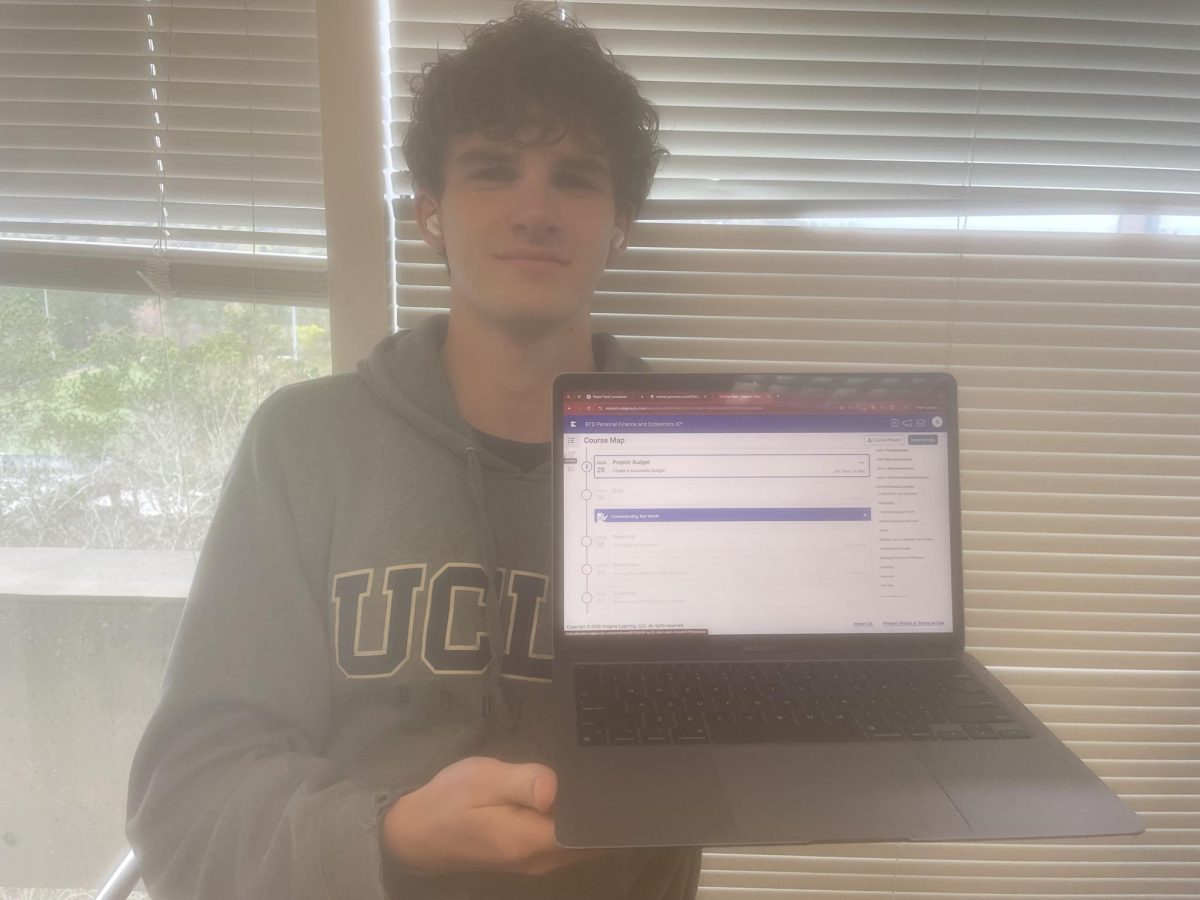Addiction appears in many forms, and in this generation, the most prevalent is seemingly that of social media. What began as something intended to encourage virtual socialization turned into a much more controversial conversation when the mental health quagmires of social media usage became questioned. This topic is debated widely, as considerations of the positives and negatives have been evaluated repeatedly. With social media use becoming increasingly universal and many platforms growing in usage and prevalence, it is inevitable that conversations arise about the implications that phone and social media addictions have on the younger generations.
Social media platforms attempt to carry out their shared purpose of helping users build a wider range of connections with ease. These platforms have proven efficient, particularly for employees and students doing work from home, allowing people to communicate with others whom they would not be able to engage in consistent conversation with otherwise. These benefits were especially useful in a pandemic-ridden world when virtual communication became inevitable. Without the benefits provided by these accessible platforms and websites, the working abilities of many would have deteriorated during COVID-19 times. “Aside from Zoom helping us keep up with classes, social media let me stay in touch with the outside world,” said junior Charlie Stovin. “It would have been unbearably isolating if I hadn’t had access to these platforms.”
While these positives have proven useful, there are many negative considerations that must be taken into account, particularly relating to the mental health issues that have arisen. While media influences and harsh beauty standards have long been prevalent, social media promotes these concepts even more and to a much wider population. Statistics have proven that increased social media usage has simultaneously led to an increase in eating disorder symptoms, self-esteem issues, and anxiety. “Everyone posts glamorized versions of their lives, which just leads to everyone comparing themselves to unrealistic standards,” said senior Peyton Mosley. “Social media is nice, but it is also the gateway to insecurity.”
Various studies show that social media has psychological aspects that can lead to dependency. Particularly, it triggers the brain’s reward system to release dopamine—the “feel good” chemical. When users receive affirmation online, often through a like or new notification, the brain receives an instant flood of dopamine that acts to reinforce a need to satisfy the feeling next time. Additionally, the brain is wired to seek out new stimuli, and scrolling on various apps, such as TikTok or Instagram, fuels this innate desire. As a result, it is incredibly easy to get pulled into an app and not be able to get off for hours.
Overall, social media has become the main way for teenagers to feel a sense of affirmation in today’s largely virtual world. Feelings of self-worth have become associated with a like count, and there is an inevitable tendency for individuals to compare themselves with others. While social media has created positive changes for simplified communication and access, the self-degradation and mental health issues surging in the teenage world cannot be ignored.














